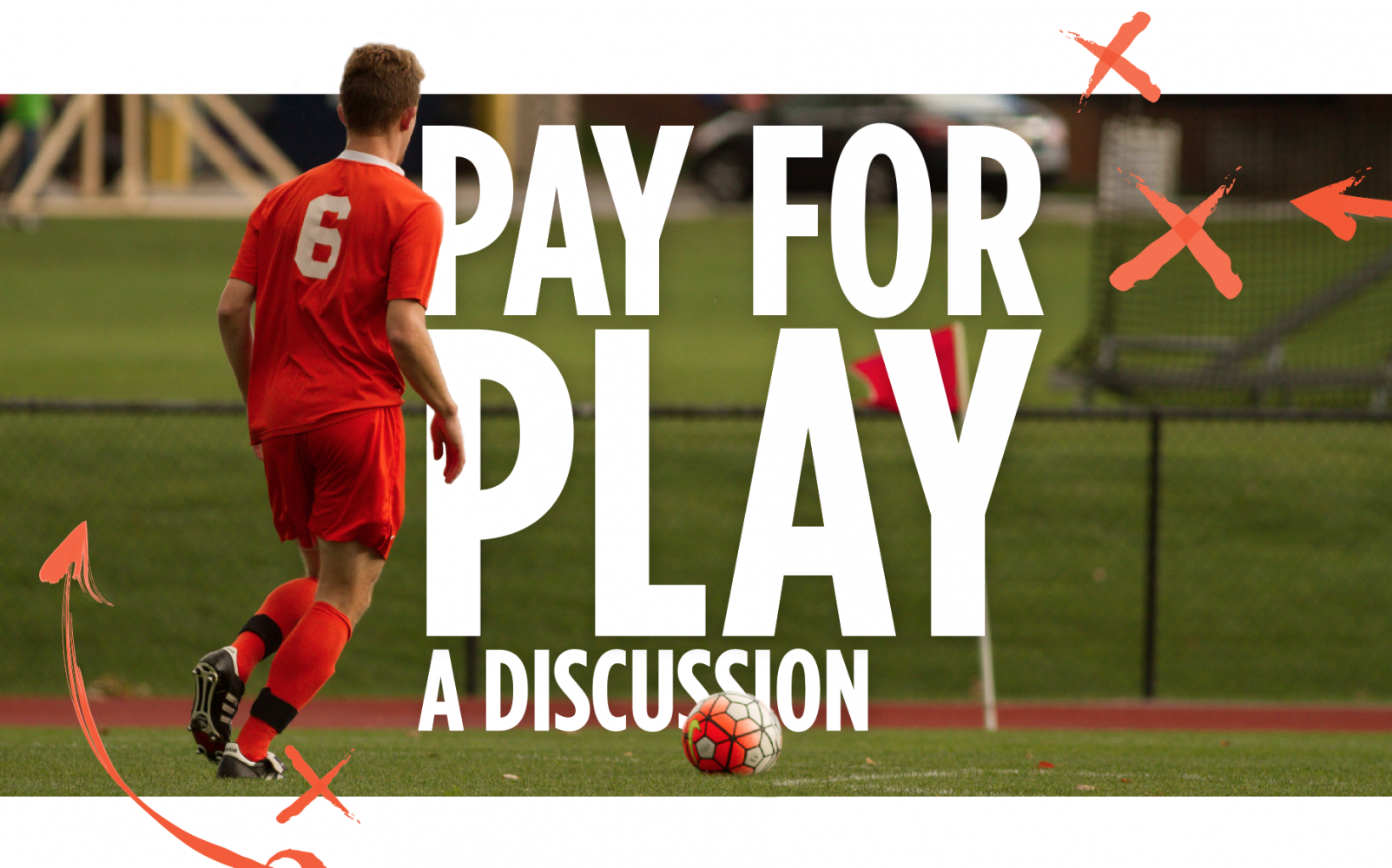Pay for Play: A Discussion
by Kristin Grant | published Oct. 7th, 2016
Another year of college sports, another round of sports scandals. Like clockwork, allegations of unsanctioned gifts, booster involvement and unlawful salaries begin to crop up with alarming frequency. Every season, these headlines incite indignation and resentment toward the schools who believe they can get away with illegally compensating their athletes.
Yet despite the outrage that these stories tend to incur, there is an equally vocal group arguing for a change in NCAA regulations when it comes to gifts and payment. With top paid college football coaches making upwards of seven figures and top schools gaining millions of dollars worth of profit, to some it seems ludicrous that the men and women actually laying their abilities on the line do not receive a salary.
Since the RIT sports program occupies a very unique niche within the NCAA, it was time to bring the pay for play discussion here. As one of the few schools to have a split division program, RIT athletics operates on a very different set of rules than the average university. Unlike most Division I schools, RIT hockey is not allowed to give out scholarships of any kind to its players, and must find alternative ways of attracting talent.
Some, like men’s hockey coach Wayne Wilson, believe in athletic awards — in moderation, anyway.
"Players put an awful lot into it, and I believe they deserve some recognition."
“I’m a firm believer in scholarships,” Wilson said. “Players put an awful lot into it, and I believe they deserve some recognition. And most times, a scholarship is sufficient.
“Where it gets a little sketchy is when you’re talking big time athletics,” Wilson continued. “We’re Division I in hockey, and in our mind that’s ‘big time,’ but when you’re talking about the amount of money some Big 5 schools are making off football, not to mention coaches … it's hard to look at a player and say 'A scholarship is enough for you.' ”
"When you’re talking about the amount of money some Big 5 schools are making off football, not to mention coaches … it's hard to look at a player and say 'A scholarship is enough for you.' ”
Men’s baseball coach Rob Grow was in agreement. “If certain colleges want to pay athletes and form a minor league system, I’d be okay with that. I think the reason that 99 percent of the kids that play sports in college stays the same — they're here to receive their degree. At RIT, our mission of college sports is still very clear. Our athletes are here pursuing their education."
"No, I don't think athletes should be paid," Morale said definitively. “In college, I don’t think my ability to pay for school should depend on how I perform in the pool
.”
Women’s soccer coach Liz Masterson agreed with Morales. “I can’t speak for big basketball or football institutions — that’s a whole different animal,” she said. “However, the goal of the RIT sports program is to provide students with an athletic experience that compliments their academic one. If athletes got paid or even received a scholarship, it changes that experience. It makes money the most important factor in their choice.
“Right now, choosing to go Division III is
"When you add money to that dynamic, you risk getting a team that's here for the wrong reasons."
Spiotti objected to the idea of compensation for atheletes as well. "I consider college sports to be a pure form of amateurism. I think pay for play undermines the intent of college sports, particularly at the Division III level,” he said. “When we talk to our student athletes about their participation in our program, we say to them very clearly that playing sports here is a privilege, not a right," he explained. "They have to earn their way through.”
However, Spiotti argued that the benefits of playing college sports far exceed a monetary value. "A great deal of learning takes place on the field of play," he said. "Values are developed. Attitudes are developed. And it really serves our athletes well — those are the kinds of things that you can't duplicate in a classroom … The benefits the athlete gets from their participation pay off handsomely."
While RIT will not be moving toward pay for play anytime soon, the discussion will undoubtedly continue



